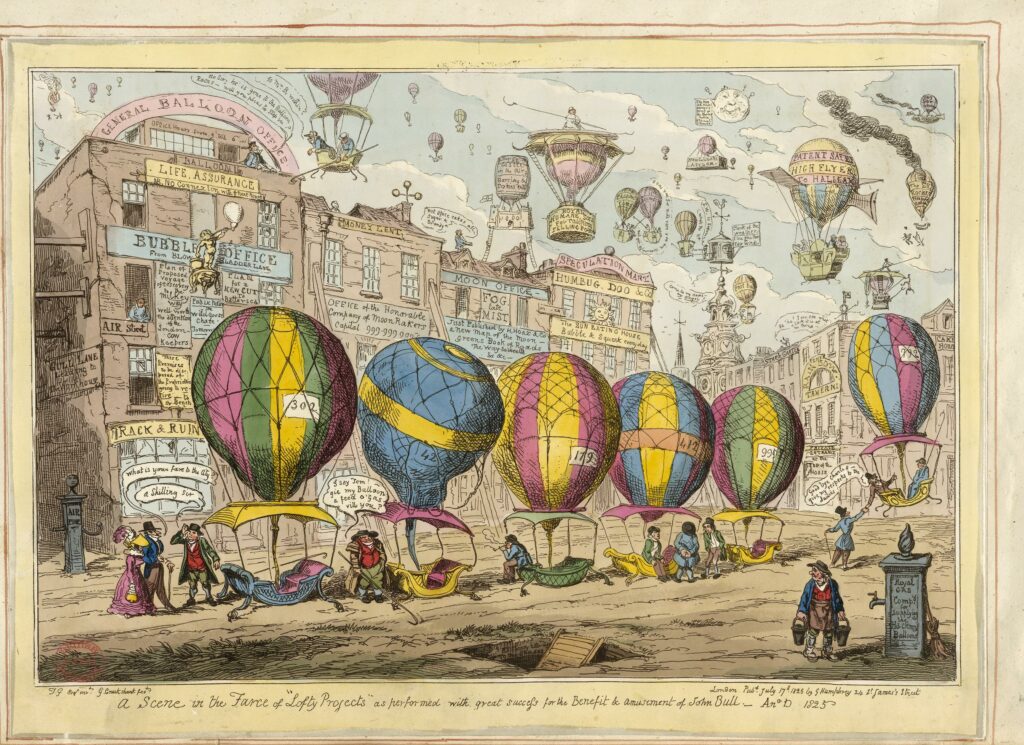What are they waiting for?
The speaker in Schiller’s Die Erwartung (D 159) seems to be a man in a grand garden waiting impatiently for his lover to join him as night falls. He thinks he can hear the gate rattle or voices approaching, only to realise that it is just the wind or a passing swan on the water. The experience of waiting is a lesson in deferred gratification.
Most of the other Schubert texts about ‘waiting’, though, are narratives of women waiting for news of their lovers. The unnamed maiden in distress in Kenner’s Ballade (D 134) has high hopes that the arrival of her knight in shining armour will liberate her from the tower where she is imprisoned, but it is not to be. Ossian’s Lorma (D 327, D 376) is sitting in Aldo’s hall waiting in vain for him to return from fighting her kinsmen. Minona similarly has to wait for news of the fight between her lover Edgar and her furious father. She somehow knows things are not going well (and her fears are confirmed with the arrival of Edgar’s hound, who takes her to the body). They are all waiting for confirmation that their worst fears are justified. The bad news somehow brings a sort of calm or resolution.
Goethe reminds us that we are all waiting for the ultimate rest. As the day comes to an end we watch as everything settles down. Just wait. Soon, you too will be at rest.
Über allen Gipfeln
Ist Ruh,
In allen Wipfeln
Spürest du
Kaum einen Hauch;
Die Vöglein schweigen im Walde,
Warte nur, balde
Ruhest du auch.
Over all the hill tops
There is rest,
In all the tree tops
You can feel
Barely a breath;
The little birds have fallen silent in the woods.
Just wait, soon
You too will be at rest.
Goethe, Wanderers Nachtlied D 768
☙
Descendant of:
TIMETexts with this theme:
- Ballade (Ein Fräulein schaut vom hohen Turm), D 134 (Joseph Kenner)
- Minona oder die Kunde der Dogge, D 152 (Friedrich Anton Franz Bertrand)
- Die Erwartung, D 159 (Friedrich von Schiller)
- Cronnan, D 282 (James Macpherson (Ossian) and Edmund von Harold)
- Lorma, D 327, D 376 (James Macpherson (Ossian) and Edmund von Harold)
- Wanderers Nachtlied (Über allen Gipfeln), D 768 (Johann Wolfgang von Goethe)


